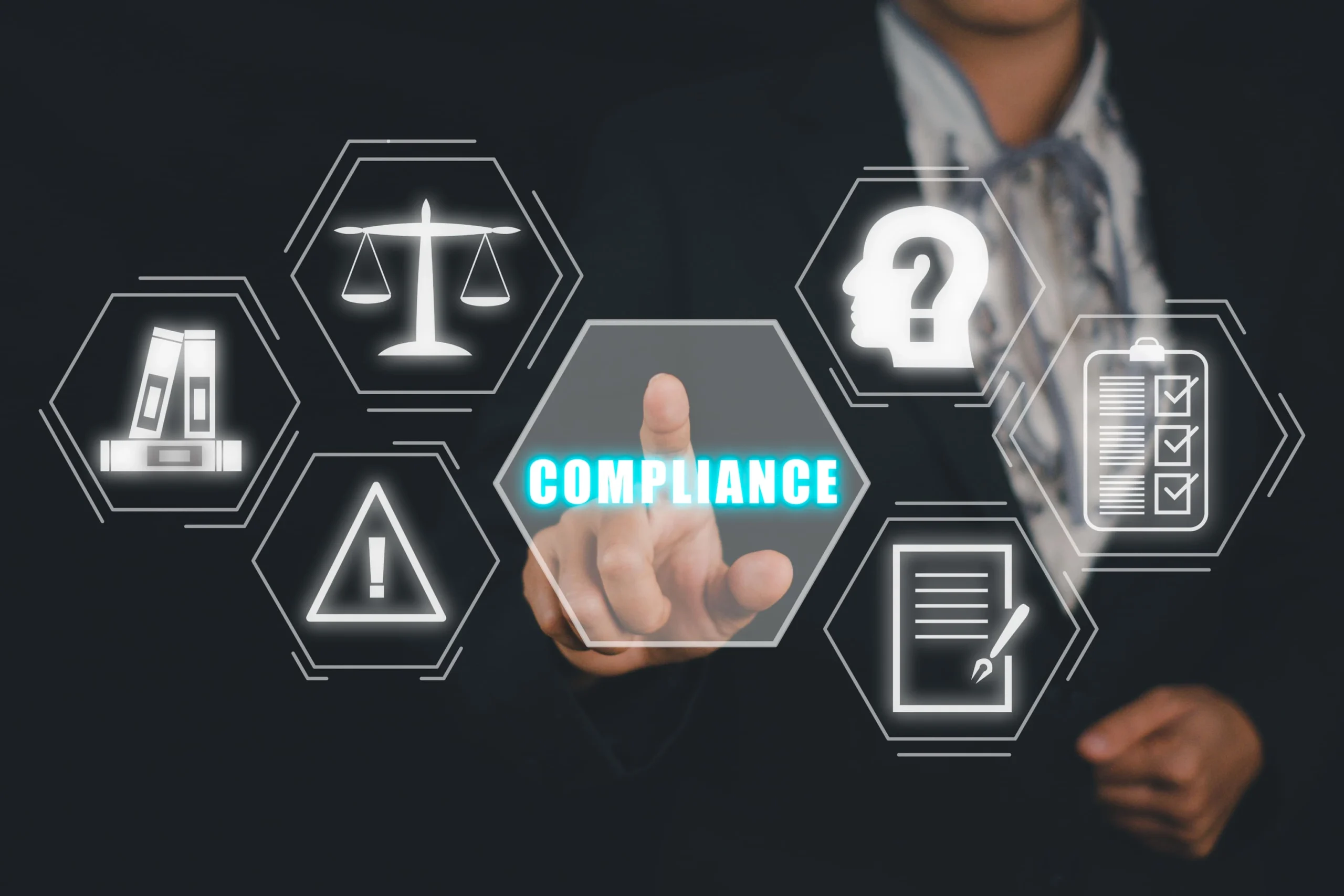Introduction
In the digital era, reputational crises can unfold in minutes. A false accusation of fraud against a crypto project, a viral YouTube review slamming an online casino, or a flood of one-star reviews targeting a consumer brand can all erupt overnight.
For industries like crypto, iGaming, and global brands, where trust equals revenue, the stakes couldn’t be higher. A poorly managed crisis can cost millions in lost deposits, investors, and customers. On the other hand, a well-prepared Crisis Management strategy can turn even the most hostile attacks into opportunities to demonstrate resilience.
This article explores the anatomy of an ORM crisis, why speed is critical, and the strategies leading brands use to survive—and thrive—after an attack.
What is a Reputation Crisis?
A reputation crisis occurs when harmful narratives spread faster than a brand can control. Unlike minor complaints or isolated negative reviews, these crises are:
- High impact – They threaten trust at scale.
- Viral – They spread across multiple platforms simultaneously.
- Persistent – Once indexed by Google, they can haunt brands for years if unmanaged.
Examples:
- A crypto exchange is accused of withholding withdrawals.
- An iGaming brand is labeled “rigged” in player forums.
- A consumer product faces viral backlash over safety concerns.
Common ORM Crisis Scenarios
- Crypto Industry
- False scam accusations spread via Telegram, Reddit, and YouTube.
- Hacks or technical outages misrepresented as fraud.
- False scam accusations spread via Telegram, Reddit, and YouTube.
- iGaming & Casinos
- Forums ignite with payout delay complaints.
- Influencers post biased “untrustworthy casino” reviews.
- Forums ignite with payout delay complaints.
- Global Brands
- Viral social media campaigns driven by activists.
- Fake news amplified by blogs and AI-generated content.
- Viral social media campaigns driven by activists.
The Golden Hour: Why Speed Matters
In ORM crisis management, the first 24 hours are critical. The faster you respond, the greater your chance of controlling the narrative.
- Silence is fatal – Without an official response, rumors dominate.
- First impressions last – The earliest explanations often define public perception.
- Google rewards freshness – New content (positive or negative) is indexed quickly; delay gives harmful stories a head start.
Key Elements of a Crisis Management Plan
- Real-Time Monitoring
- AI-driven tools detect brand mentions across languages and platforms.
- Alerts flag negative spikes before they escalate.
- AI-driven tools detect brand mentions across languages and platforms.
- Crisis Playbooks
- Pre-approved strategies for likely scenarios (e.g., scam accusations, payout issues).
- Drafted messaging templates for immediate release.
- Pre-approved strategies for likely scenarios (e.g., scam accusations, payout issues).
- Designated Spokespersons
- Clear communication hierarchy prevents confusion.
- Multi-lingual teams ensure consistency across markets.
- Clear communication hierarchy prevents confusion.
- Multi-Channel Response
- Press releases.
- Social media statements.
- Direct responses in forums or review sites.
- Press releases.
- Evidence-Based Communication
- Always use facts, data, and transparency.
- Avoid emotional or defensive tones.
- Always use facts, data, and transparency.
Coordination with Legal Teams
Legal support is a vital pillar of ORM crisis response.
- Defamation lawsuits – Targeting publishers spreading malicious falsehoods.
- Copyright & Trademark enforcement – For misused logos, images, or impersonation.
- Takedown requests – Coordinating with hosting providers, search engines, or regulators.
The Role of SEO in Crisis Recovery
Even when the immediate fire is controlled, negative results often remain in search engines. This is where ORM SEO becomes the long-term weapon:
- Publish positive stories, case studies, or expert interviews.
- Build authoritative backlinks to push them into top rankings.
- Suppress negative articles into the invisible depths of page two and beyond.
Post-Crisis Recovery: Rebuilding Trust
- Transparent Communication
- Publish clear explanations of what happened and the resolution.
- Offer evidence of improved processes or safeguards.
- Publish clear explanations of what happened and the resolution.
- Positive PR Campaigns
- Highlight success stories, partnerships, and innovations.
- Position executives as thought leaders through interviews and op-eds.
- Highlight success stories, partnerships, and innovations.
- Community Engagement
- For crypto: update Telegram, Discord, and Twitter proactively.
- For iGaming: engage forums with factual responses.
- For brands: respond authentically on social media.
- For crypto: update Telegram, Discord, and Twitter proactively.
Case Examples (Generalized)
- Crypto Platform Facing Hack Rumors
A blockchain platform faced false claims of theft after a technical outage. Within 12 hours, ORM experts issued official statements, published a transparency report, and engaged with investor communities. Result: rumors suppressed, investor confidence restored. - Online Casino Under Review Bombing
A sportsbook received 500+ fake one-star reviews overnight. ORM crisis teams identified fraudulent accounts, coordinated takedowns, and launched a verified review campaign. Result: ratings restored, trust rebuilt.
Q&A
Should brands always respond publicly to crises?
Not always. Some crises are best handled quietly through legal or platform channels. ORM experts assess when silence is strategic vs when public statements are critical.
How fast should a crisis response go live?
Ideally within hours, not days. The longer misinformation spreads unchallenged, the harder it is to control.
Can every crisis be “erased” online?
No. Some content may persist, but ORM ensures it is suppressed and countered by positive, accurate narratives.
Conclusion
Crisis management in ORM is about more than damage control—it’s about resilience. Brands that prepare for attacks don’t just survive; they emerge stronger, with clearer communication, improved trust, and greater credibility.
In industries where millions ride on trust, every brand must ask: When the attack comes—not if—will we be ready to fight back?


